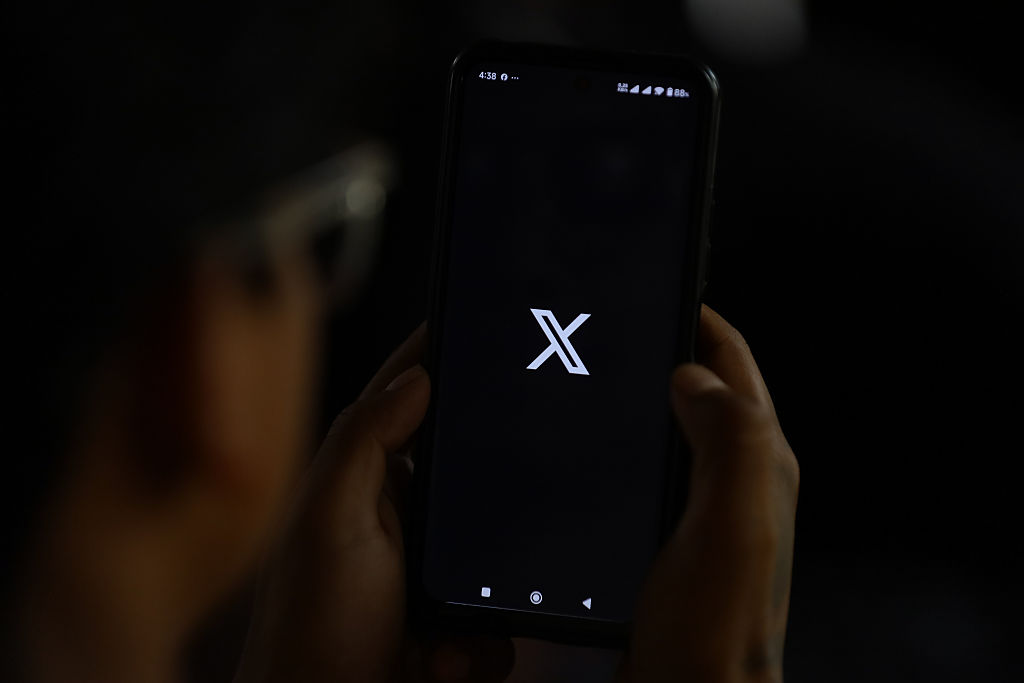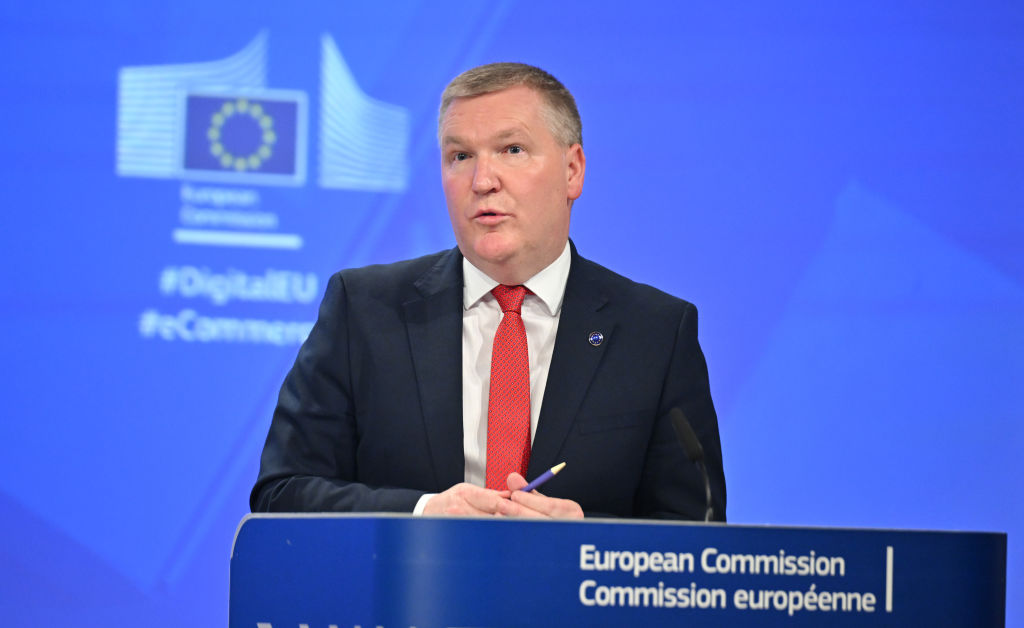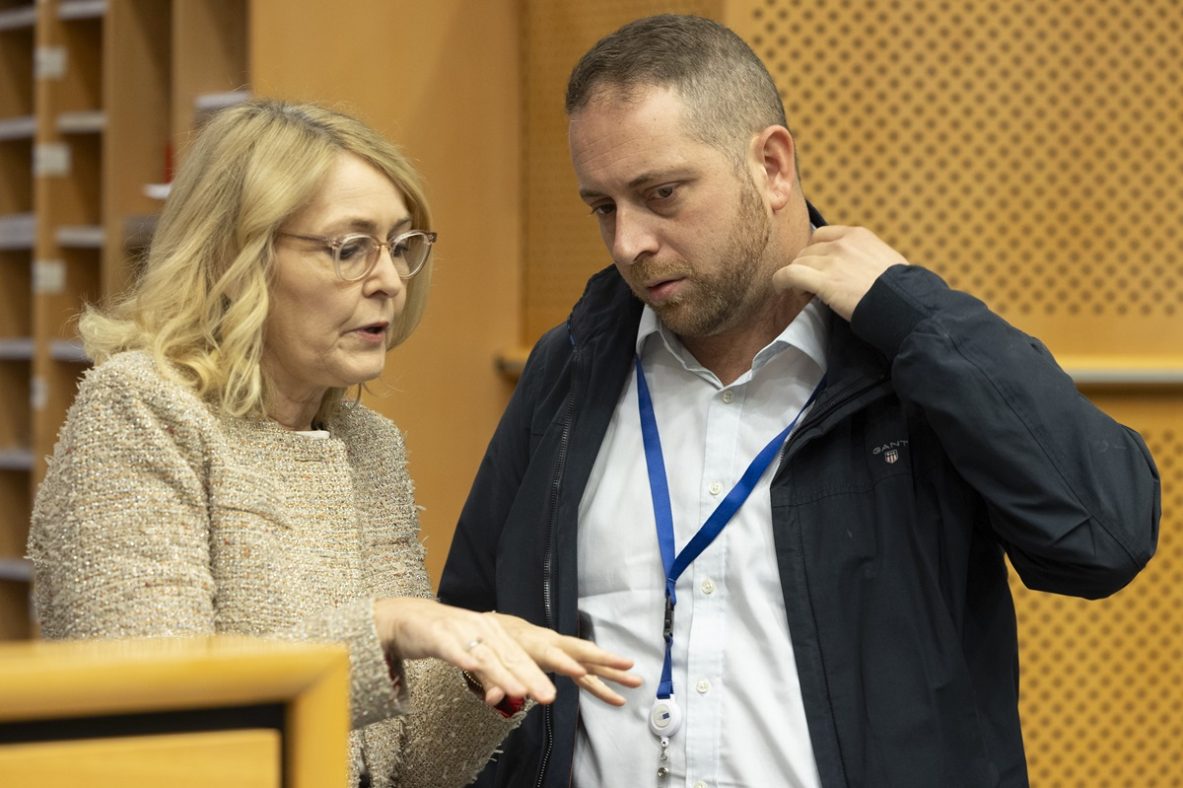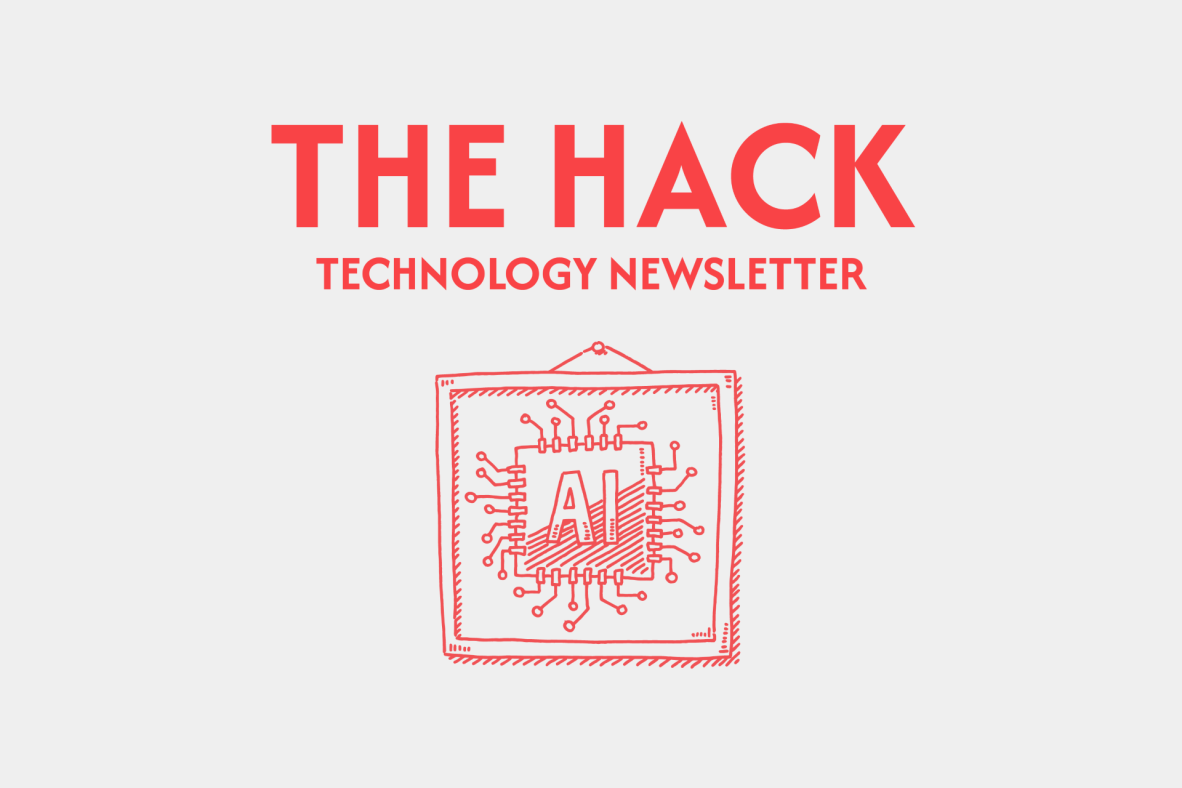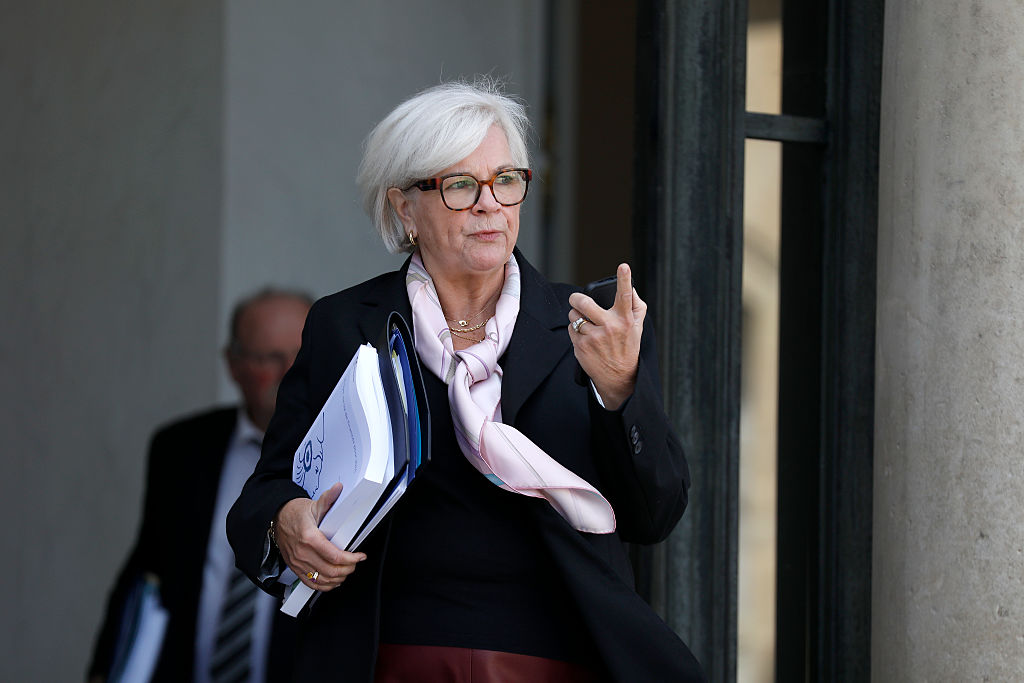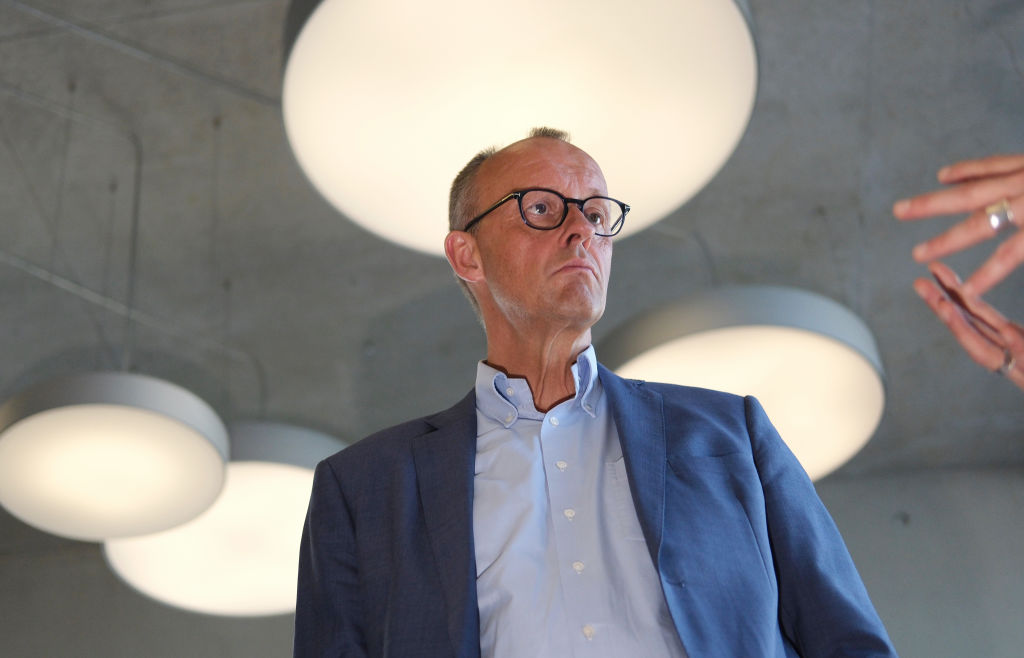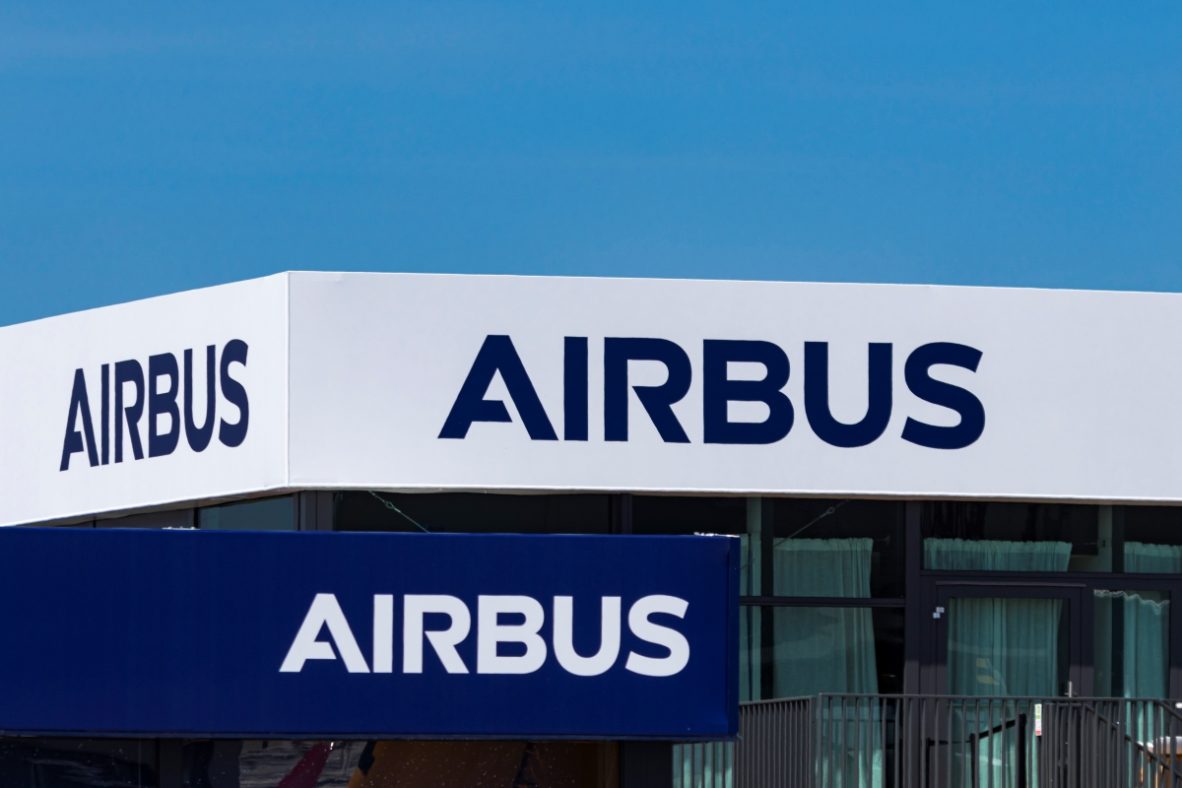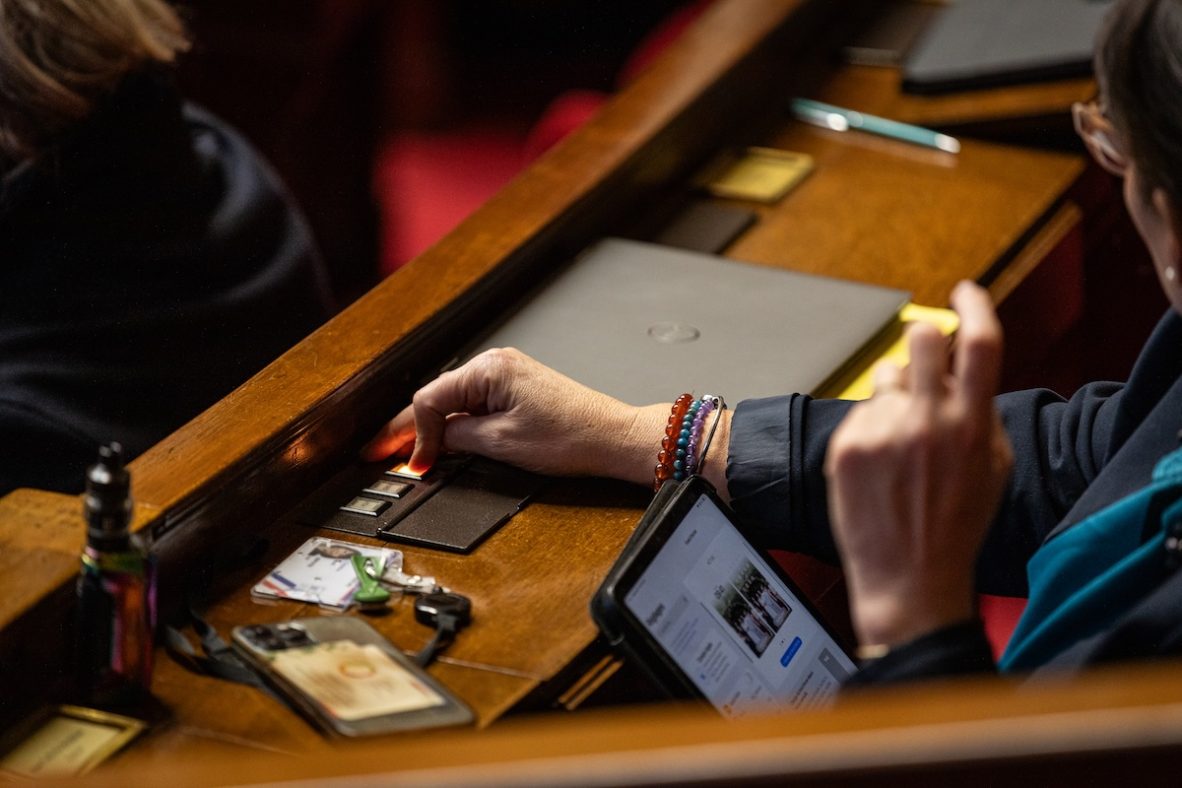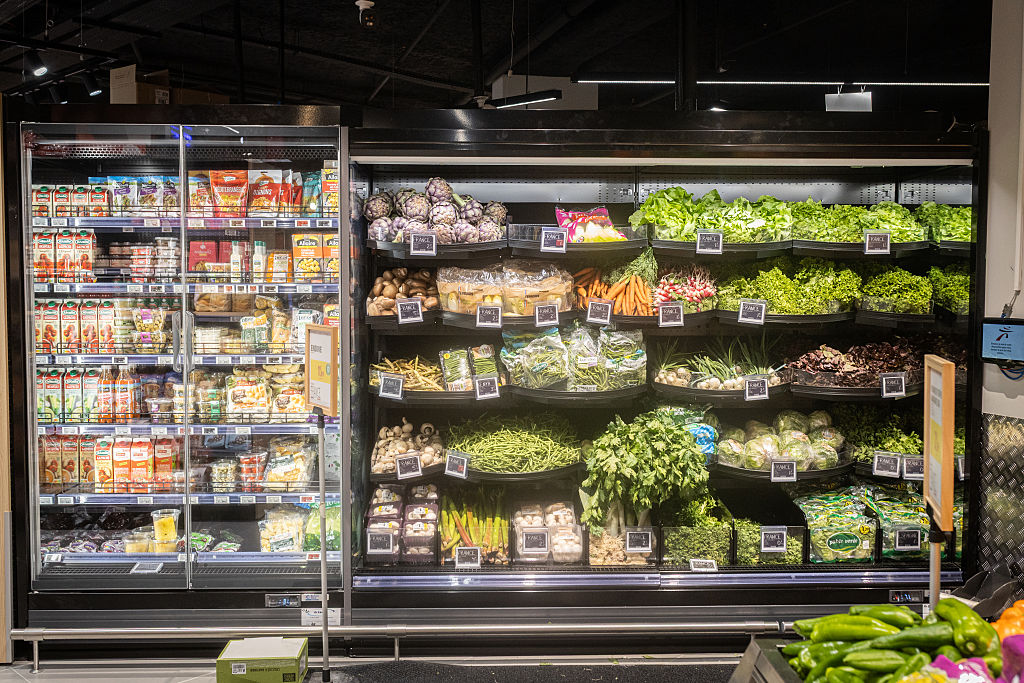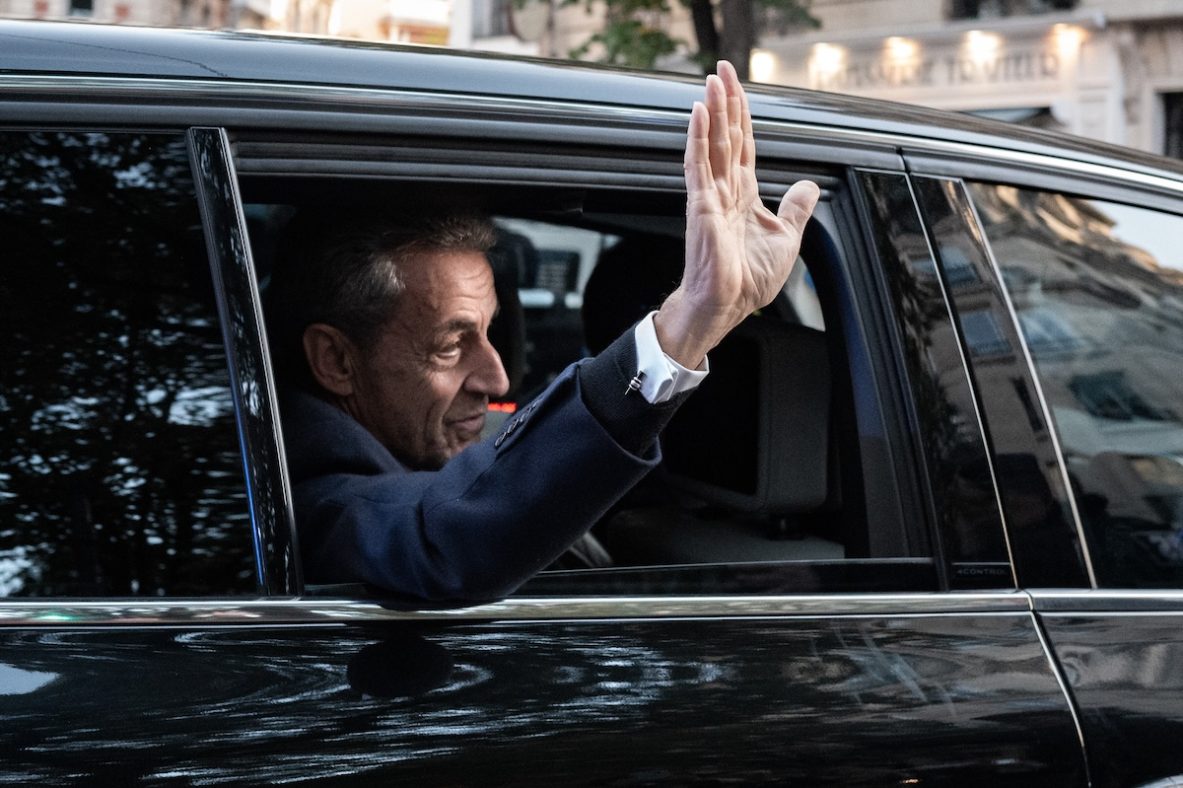Merz and Macron agree shared tech agenda, including 'strategic' public procurement
Today’s Franco-German joint roadmap includes agreements on AI, quantum, digital sovereignty and startups
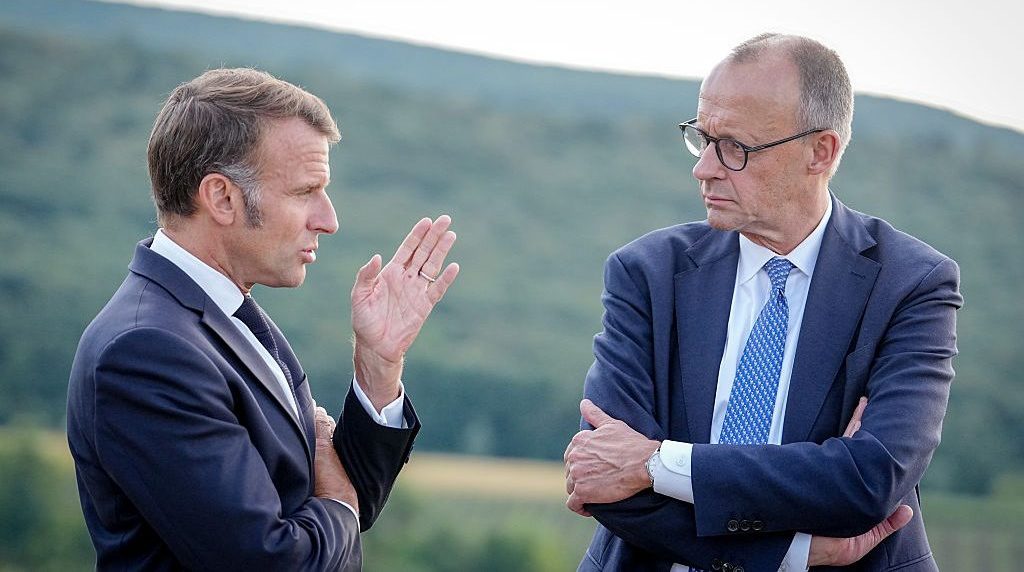
At a meeting in Toulon on Friday, French president Emmanuel Macron and German chancellor Friedrich Merz signed up to a shared tech agenda.
The two governments, still the EU’s central power brokers, occasionally hold joint cabinet meetings, with today’s being the first for more than two years – reviving a partnership that suffered under the prior German government.
The governments adopted an economic agenda today which includes a number of shared ideas on tech.
Both will jointly submit a proposal to the Commission on how to simplify the EU’s digital laws, including the AI Act, they said. They will also “exchange on a report” about how much of a market there is for companies who want to use European cloud providers as back-up to US hyperscalers.
But the Franco-German shared agenda on tech only goes so far – highlighting some areas of continued disagreement.
On a planned European company entity, which European startups are keen on to boost growth, France has so far been more enthusiastic. The pair now say they will work together, but doubts about undermining social protections remain.
Space is another controversial issue, with Germany an established critic of the EU’s push to regulate the space economy. Notably, the Commission’s plan for a Space Act does not merit a mention in the agenda.
Restrained ‘yes’ for European preferences
But the two government do want to create joint AI foundation models through existing EU programmes. Experts will be exchanged between AI factories and other institutions using AI, with France building an “Alliance incubator” to support public sector rollout.
On quantum, France and Germany want to set up a common ecosystem of applications and software – something Europe sorely needs, albeit the agenda is thin on details.
Work on sovereign workplaces, which the two are already working on (with Italy and the Netherlands), will be scaled up and aligned. They want to prioritise private sector solutions, which tacks closer to Germany’s approach so far.
The agenda also includes a “Eurostack“-style call for European preference in public procurement – in “critical strategic areas”, at least for “viable, targeted” technologies. (Although the agenda does not explicitly use the Eurostack initiative’s name, despite both governments previously expressing their support.)
The duo are also planning to hold a digital sovereignty summit on 18 November with the Commission and other EU countries.
Euractiv’s Théophane Hartmann contributed reporting
(nl)
